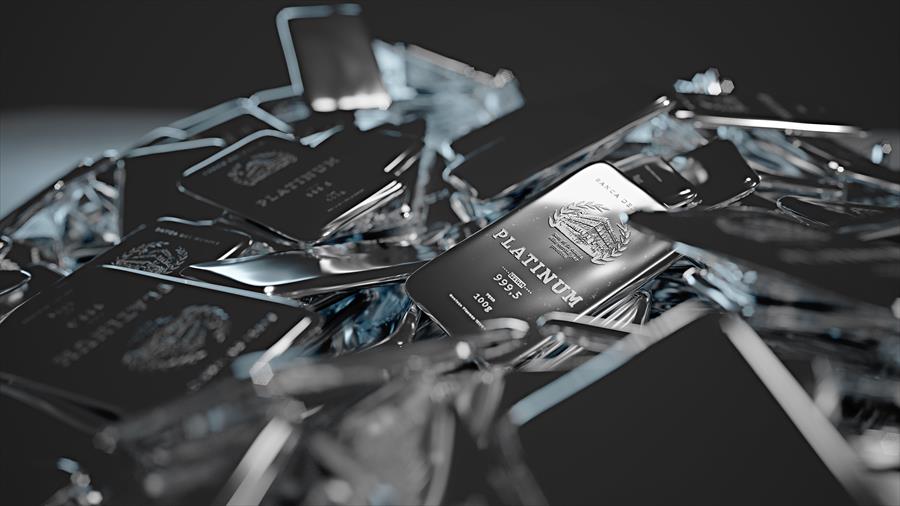Is 2024 a Good Year to Purchase Platinum?
Due to current trends and its distinct value, platinum is one of the most popular options in the 2024 precious metals market. The use of this precious metal extends beyond jewelry into healthcare, technology, and more. When you add platinum to your collection, you own a precious metal that helps you stay ahead in a continuously evolving market. Below are some reasons you should consider investing in platinum in 2024, brought to you by the specialists from First National Bullion, the best place to purchase Scottsdale gold and bullion as well as platinum and other forms of precious metals.
Limited Sources
The rarity of platinum is due to the majority of it being mined in two countries, South Africa and Russia. However, the United States, Canada, and Zimbabwe also produce the precious metal. Each location has deposit types suited to its geological conditions. The limited sources make it more valuable. The future demand for platinum isn’t likely to decrease, keeping it a significant precious metal investment. Since platinum isn’t an ordinary commodity, you should consider buying it in 2024.
Increased Demand
Platinum is generally in constant demand unless local and worldwide problems affect the economy and investment market. This applies to various types of platinum, including watches, coins, and rings. A stable economy allows the market to remain steady, protecting your platinum investment as its demand rises.
Increased demand could also lead to higher prices. This applies to the jewelry business, the auto industry, the technology sector, and more. Factors affecting platinum pricing include supply risks associated with closed mines, trade disputes, and declining sales numbers for products such as diesel cars.
Great Resistance
The versatility of platinum is one of the reasons this precious metal is an excellent investment in 2024. For example, it’s rust resistant and can be used for multiple purposes. Corrosion is a problem that impacts many precious metals, preventing them from being exposed to different substances without suffering contamination. However, platinum doesn’t react to acids, chemicals, and other bases, making it highly resistant and a great investment option.
Therefore, as many companies change their items, services, or production processes, platinum can withstand those changes with greater resistance than other precious metals. This includes new advancements in 2024 as well as over the long term in products such as industrial-strength detergents, jewelry, petroleum, specialty silicones, and vehicle catalytic converters.
Lower Risks
Investing your money in products always comes with risk, but the potential setbacks associated with platinum aren’t as significant as those attached to gold, silver, and other precious metals. The rarity of platinum allows its value to endure.
Regardless, you should establish a risk management strategy that includes working with financial advisors and learning more about platinum from professionals and precious metals boutiques. These experts can help you diversify your portfolio and offer authentic platinum.
Whether they’re looking for expert advice on platinum investments or they want to buy gold, Scottsdale collectors should work with trustworthy precious metal dealers who offer high-quality service and have years of experience. Call on the industry-leading professionals at First National Bullion when you’re ready to invest in precious metals, including gold, silver, platinum, and palladium. Give us a call today.
The statements made in this blog are opinions, and past performance is not indicative of future returns. Precious metals, like all investments, carry risk. Precious metals and coins may appreciate, depreciate, or stay the same in cash value depending on a variety of factors. First National Bullion does not guarantee, and its website and employees make no representation, that any metals for sale will appreciate sufficiently to earn the customers a profit. The decision to buy, sell, or borrow precious metals and which precious metals to purchase, borrow, or sell are made at the customer’s sole discretion.


